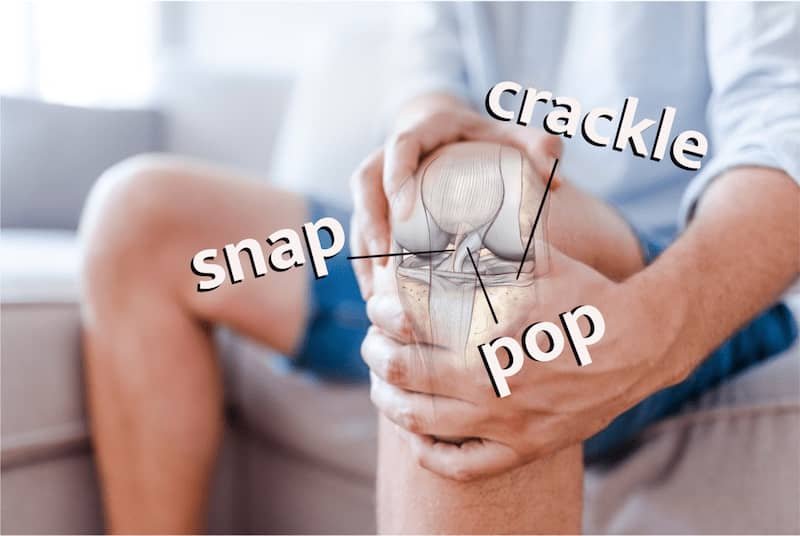The Silent Danger of “Joint Dehydration”: Are Your Knees Creaking?
Have you ever stood up, heard a creaking sound in your knees, and wondered what’s going on? While it might seem harmless, dry joints are often a sign that your body’s natural joint lubrication—called synovial fluid—isn’t doing its job as well as it should. This fluid acts like oil in an engine, reducing friction and allowing smooth movement. When its production decreases or its quality changes, your joints can start to feel stiff, and you may notice that unmistakable joint creaking.
Why do joints lose lubrication?
Several factors can contribute to the “dehydration” of your joints:
- Aging, which naturally reduces synovial fluid production
- Chronic dehydration from not drinking enough water
- Nutritional deficiencies, especially in healthy fats and collagen
- Sedentary lifestyle, which limits circulation and joint health
- Overuse injuries or repetitive movements
Is a creaky knee always a problem?
Not always. Sometimes the sound is just harmless gas bubbles popping inside the joint. However, if creaking knees are paired with pain, swelling, or stiffness, it may be a sign of wear and tear, inflammation, or even early osteoarthritis.
How to support healthier joints
- Stay hydrated – Water is the base of synovial fluid.
- Eat joint-friendly foods – Omega-3s, vitamin C, and collagen-rich foods are essential.
- Move daily – Gentle exercises keep fluid circulating inside your joints.
- Maintain a healthy weight – Less stress means less wear on your knees.
- Stretch regularly – Improves flexibility and reduces tension.
When to take action
If the creaking in your joints becomes frequent and is accompanied by discomfort, don’t ignore it. Addressing the root cause early can prevent further damage and improve mobility.
💡 Want to discover natural ways to keep your joints moving smoothly and comfortably?
Click here to learn an approach that supports joint lubrication and flexibility from within: Discover more here

